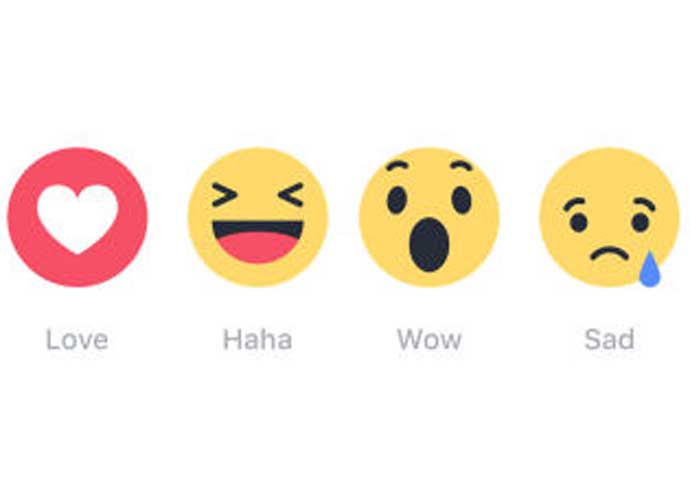Why Did Facebook Go Down On Monday?
On Monday afternoon, Facebook wasn’t accessible to users. Most people visiting the site found a page that read “Sorry, something went wrong. We’re working on it and we’ll get it fixed as soon as we can.” Reports of Facebook being down slowed over the course of an hour, suggesting the issue was self-correcting.
That didn’t stop people from jumping over to Twitter to post about it though.
“Facebook is down?” wrote one user. “Oh no. How will I know what my extended family and people I hate from highschool have opinions on now?!?!?!?!?!#facebookdown.”
Another added “That concludes Russia’s 2018 election interference campaign. #FacebookDown,” when tweeting about the outage.
Some joked about regaining their mental health and improving relationships with their families during this time. “And but for a brief moment, our brains began growing new cells and families could speak again. #facebookdown #Facebook,” tweeted one person.
The Overland, Kansas, Police Department also took to Twitter, asking that no one contact local law enforcement about the event. “Please do not contact your local PD advising your Facebook is down, thank you,” they wrote.
An outage map indicated that the issue was primarily centralized to the Western Hemisphere and hit hardest in the Northeast United States, Mexico, Brazil, and Chile.
That was only the start of a bad week for the site. New polls found that the number of employees optimistic about the company’s future had fallen to just over half, down 32% from the previous year. They also were less sure that they were making the world a better place, as only 53% said they were, down 19% from 2017.
The morale inside the company is also down. A large number of employees are compensated with stock options and Facebook has been one of the few major tech companies that have lost a significant amount of value. They’re down more than 35% in the last few months and are on track for the first ever annual share-price decrease since the company went public in 2012.
50 CELEBRITIES WHO DIED IN 2018 – TRIBUTE SLIDESHOW
All of this comes at a time when a growing number of people are what they like to call “screen abolitionists.” They fight against using screens and the integration of electronics and social media in their life, citing concerns about how it affects development and the brains reward sensors. Salesforce CEO Marc Benioff recently compared the company to nicotine, saying it was so dangerous the government needed to step in.
“You know, it’s addictive. It’s not good for you. There’s people trying to get you to use it that even you don’t understand what’s going on. The government needs to step in. The government needs to really regulate what’s happening,” he said.
RELATED ARTICLES
Get the most-revealing celebrity conversations with the uInterview podcast!


 Click here for the Victoria’s Secret Fashion Show 2018: Best Photos Slideshow
Click here for the Victoria’s Secret Fashion Show 2018: Best Photos Slideshow



Leave a comment